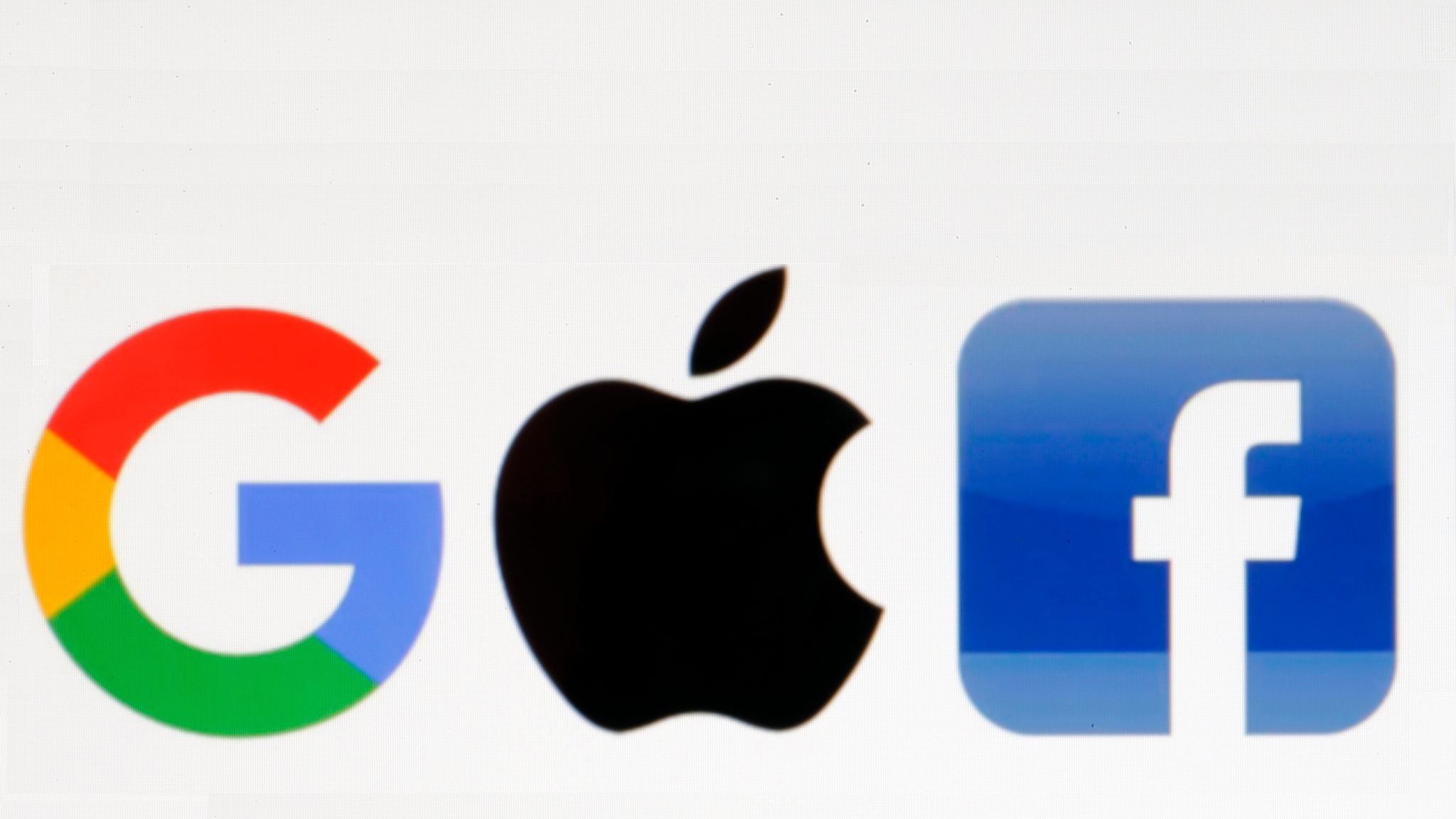Facebook, Google, and the iPhone May Be Losing Their Edge
Facebook is seeing fewer friend requests. The iPhone may not be essential in a decade. And Google searches are declining on some of the world’s most popular smartphones.
These candid revelations emerged from two separate antitrust trials involving Meta and Google. For once, top tech leaders acknowledged a hard truth: the once-groundbreaking products that defined their companies may be losing their central role in consumers’ lives.
Silicon Valley is built on the promise of constant innovation. But the statements made in court highlight the growing pressure on Apple, Meta, and Google to evolve, especially as artificial intelligence and emerging platforms disrupt the status quo.
Signs of a Shift
Apple, Google, and Meta shaped the modern internet. Google revolutionized search by ranking results by relevance. Meta transformed social interactions through Facebook’s news feed. Apple launched the iPhone, making mobile access to both platforms nearly universal.
But during recent courtroom testimony, executives hinted that these products may be entering a phase of decline.
Apple’s Senior Vice President of Services, Eddy Cue, testified that Google search queries on Apple devices dropped for the first time last month. This comment, made during the Justice Department’s antitrust trial against Google, suggests users may be turning to AI-powered tools rather than traditional search engines. Research firm Gartner projects search volumes could decline by 25% by 2026 due to this trend.
Google, however, insists that overall search queries—including those from Apple devices—are still increasing.
Meta Faces Its Own Challenges
Meta CEO Mark Zuckerberg admitted in an April FTC trial that Facebook users are sharing less and adding fewer friends. Instead, more activity is shifting to private messaging and video content.
Facebook, once dominant among young users, is losing ground. A 2023 Pew Research Center study showed that only 32% of teens use Facebook, down from 71% in 2014–2015. Instagram remains more popular, and Meta has responded by investing in Instagram Stories and Reels to compete with Snapchat and TikTok.
What Comes Next?
Even the iPhone’s future is in question. “You may not need an iPhone 10 years from now,” Cue said in his testimony. Though Apple holds 19% of global smartphone shipments, it’s already preparing for what comes after smartphones.
Tech companies are betting on smart glasses powered by AI. Meta, Google, and Samsung are developing wearable devices that could replace the phone as our main digital interface. Zuckerberg envisions a world where people use “smart glasses and holograms” instead of phones to interact with digital content.
Apple is also exploring this future. Its $3,500 Vision Pro headset, though niche, signals a shift toward facial-worn computing. Amazon, too, has hinted at Alexa-powered smart glasses in development.
Meanwhile, consumers are holding onto their smartphones longer, as each new model brings fewer dramatic upgrades.
The Race for Relevance
For now, millions still scroll through Instagram and type search queries on iPhones. But the underlying message from recent trials is clear: even tech’s most iconic products aren’t immune to change.
This evolving landscape offers tech giants a new narrative for Wall Street—continued innovation—and a defense in antitrust cases: proof that competition is alive and well. Still, the companies that ruled the digital age may now have to work harder to stay ahead.










